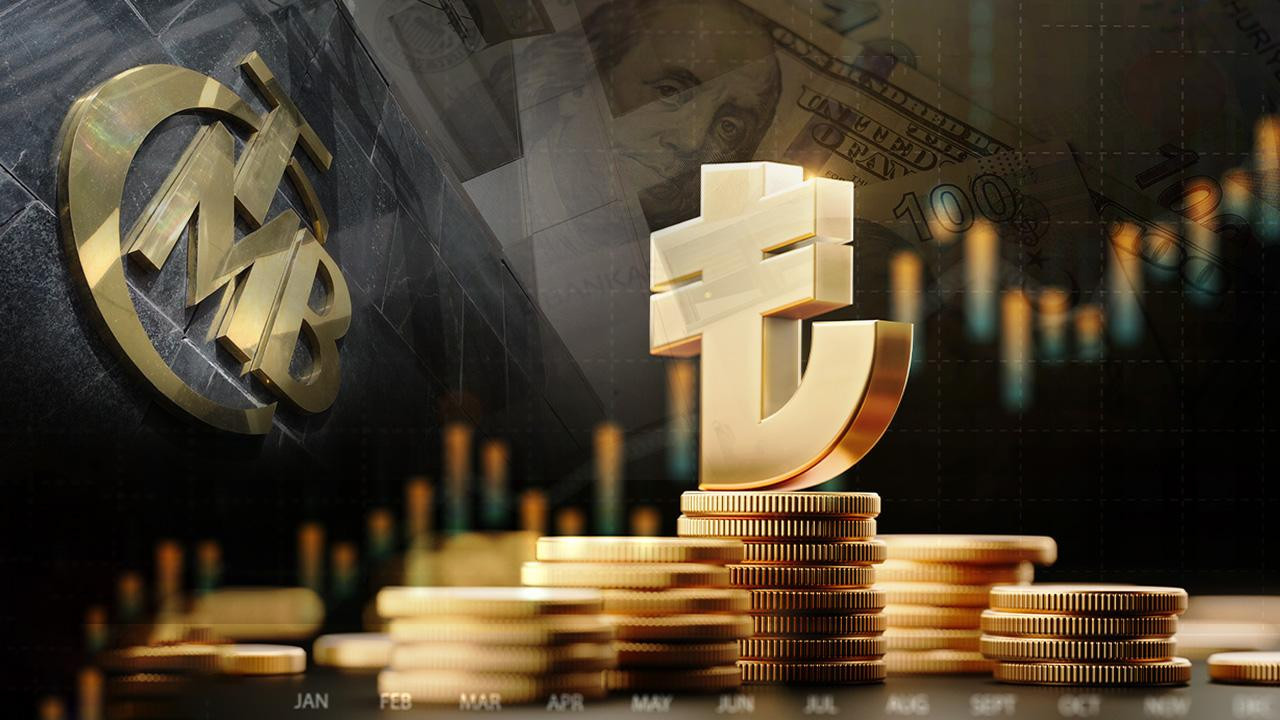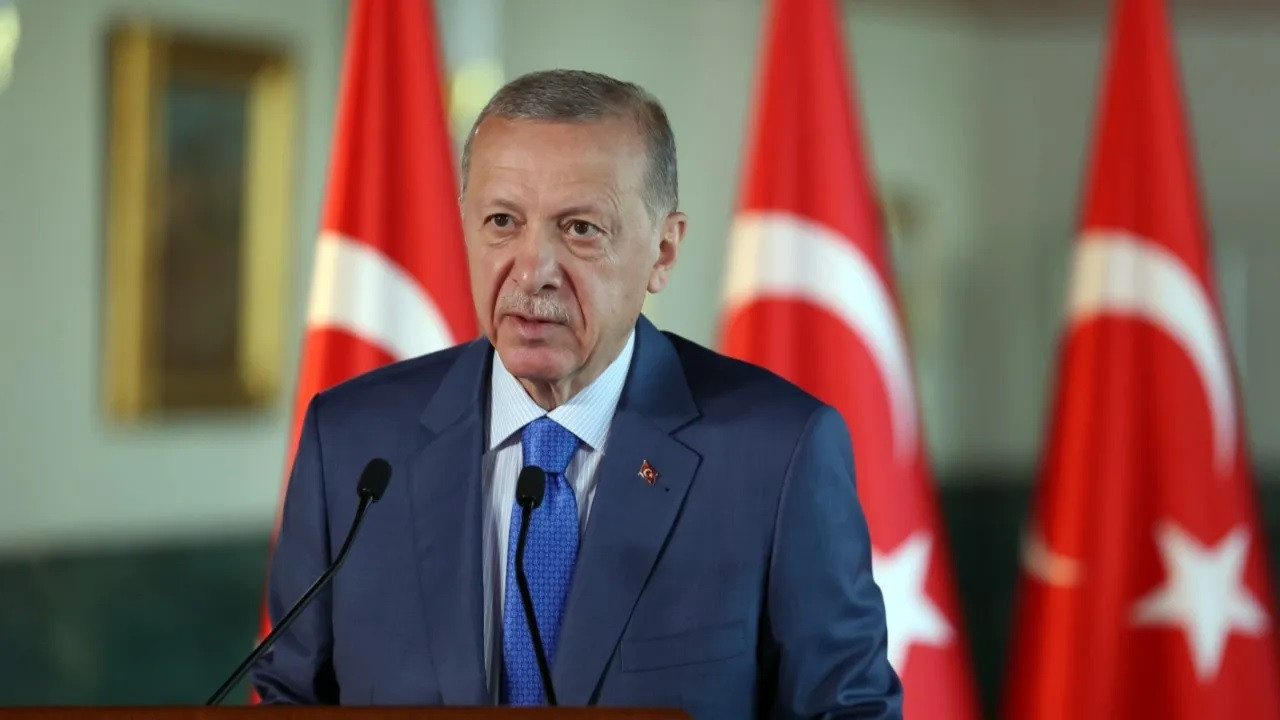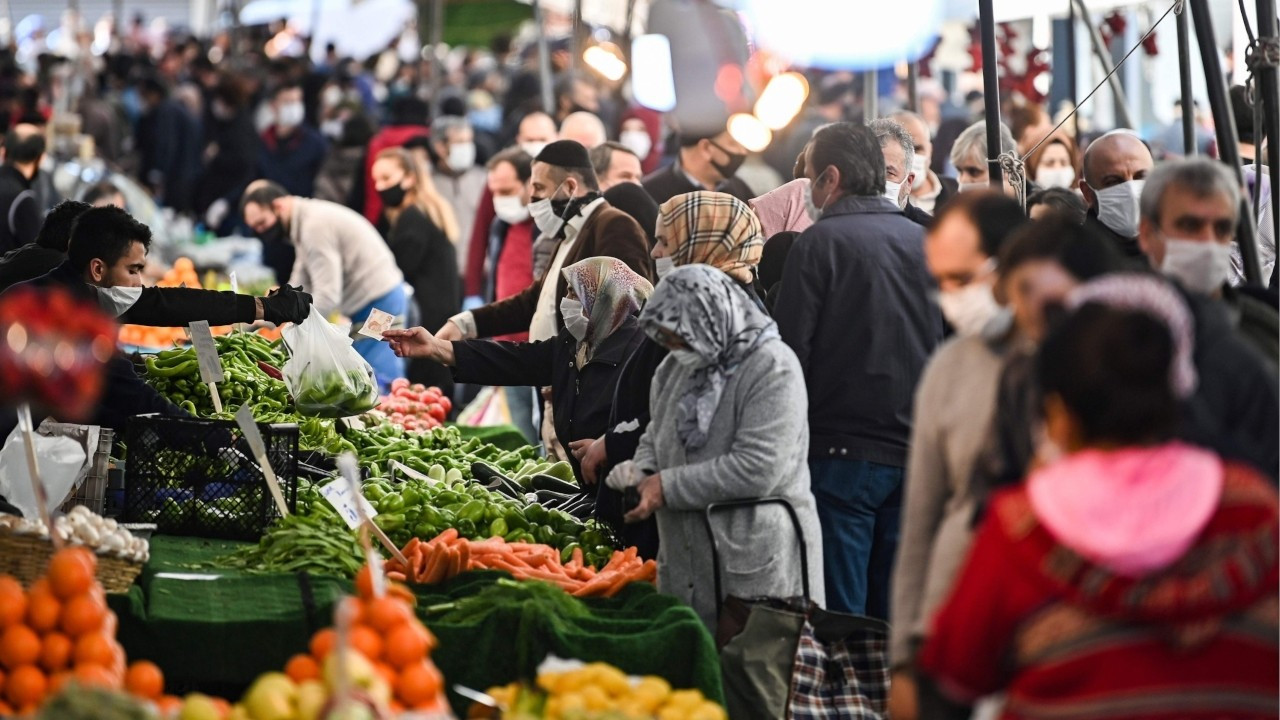Turkish Central Bank raises interest rate for fourth month in a row
Turkey's Central Bank has increased its policy rate by 500 basis points, bringing it to 30%. With this move, the central bank has increased the rate by 2,150 basis points since the elections.
Duvar English
Turkey's central bank hiked its policy rate by 500 basis points to 30% on Sept. 21, continuing to reverse President Recep Tayyip Erdoğan's low-rates policy by increasing the rate for the fourth month in a row.
MPC Decision of 21 September 2023: One-week repo rate has been raised by 500 basis points. pic.twitter.com/4N5jgMSJlN
— CentralBankofTürkiye (@CentralBank_TR) September 21, 2023
With this move, the bank has raised its one-week repo rate by 2,150 basis points since the re-election of President Recep Tayyip Erdoğan on May 28.
The lira traded at 27.05 against the dollar after the announcement, slightly increasing from 26.97.
The bank stated that inflation figures were above expectations in July and August. “As the strong course of domestic demand and the stickiness of services inflation persist, the increase in oil prices and the ongoing deterioration in inflation expectations pose additional upside risks to inflation.”
The government-run Turkish Statistical Institute (TÜİK) reported an annual inflation rate of 58.94 percent in August, whereas the independent inflation group ENAG put the figure at 128.05 percent. The TÜİK said August consumer prices rose 9.09 percent from a month earlier, surpassing ENAG’s 8.59.
“The policy rate will be determined in a way that will create monetary and financial conditions necessary to ensure a decline in the underlying trend of inflation and to reach the 5 percent inflation target in the medium term,” the bank added.
After his May re-election, Erdoğan - faced with deep economic strains and badly depleted forex reserves - named Finance Minister Mehmet Şimşek and Central Bank Governor Hafize Gaye Erkan to start hiking rates and begin freeing up credit and forex markets.
The low-rates policy advocated by Erdoğan sparked a currency crisis in late-2021, with the lira losing 44% that year. In 2022 it weakened another 30% despite central bank efforts to counter forex demand by using its forex reserves.
The lira depreciation has stoked inflation, sending it to a 24-year high of 85.5% in October last year according to official figures.

 Foreign investors consider returning after Turkey's major interest rate hikeEconomy
Foreign investors consider returning after Turkey's major interest rate hikeEconomy Turkish Central Bank raises interest rate from 17.5 to 25 pctEconomy
Turkish Central Bank raises interest rate from 17.5 to 25 pctEconomy Erdoğan on rising cost of living: 'The problem is not economic but psychological'Politics
Erdoğan on rising cost of living: 'The problem is not economic but psychological'Politics In an unusual move, gov't-run TÜİK reports monthly inflation figure higher than independent academic group ENAGEconomy
In an unusual move, gov't-run TÜİK reports monthly inflation figure higher than independent academic group ENAGEconomy